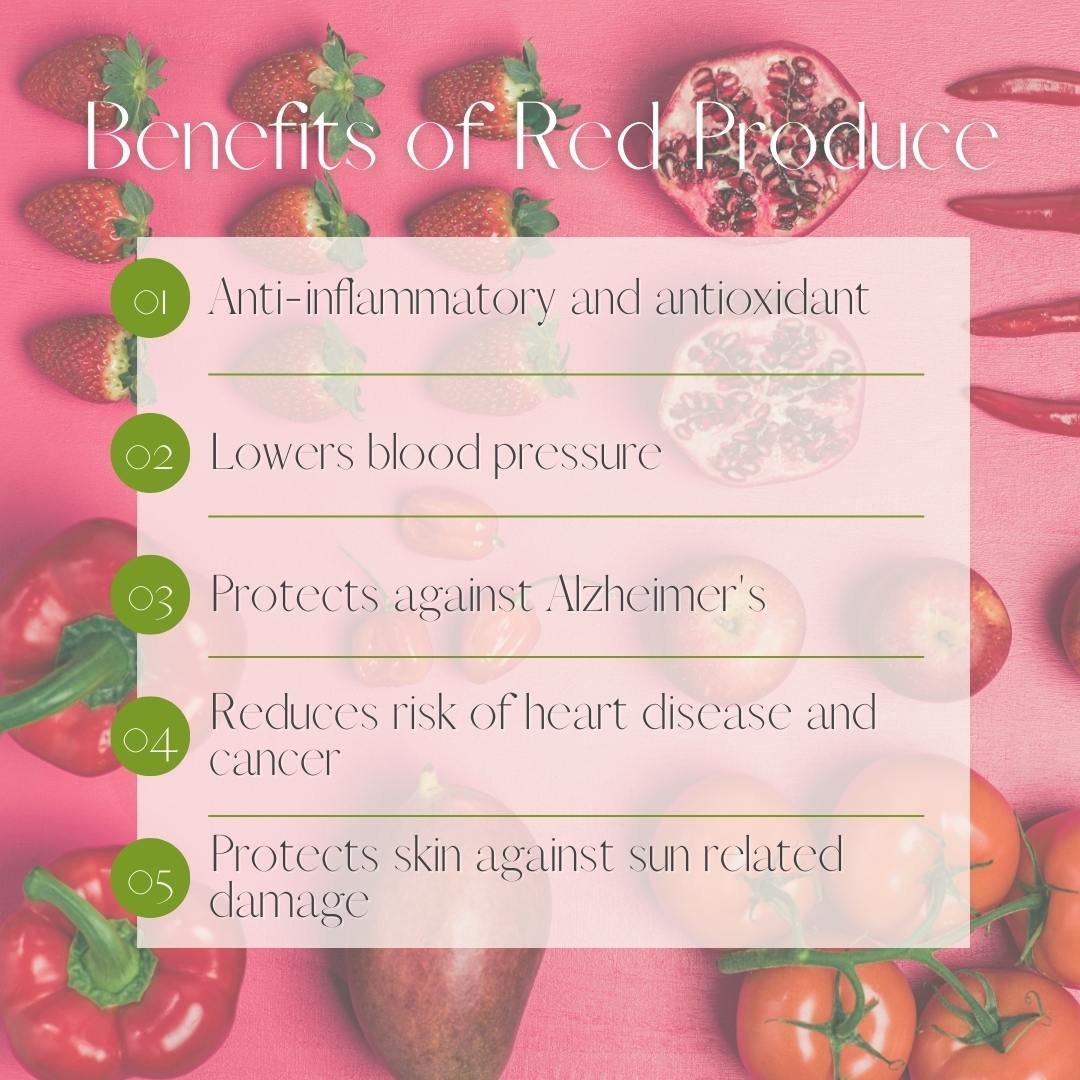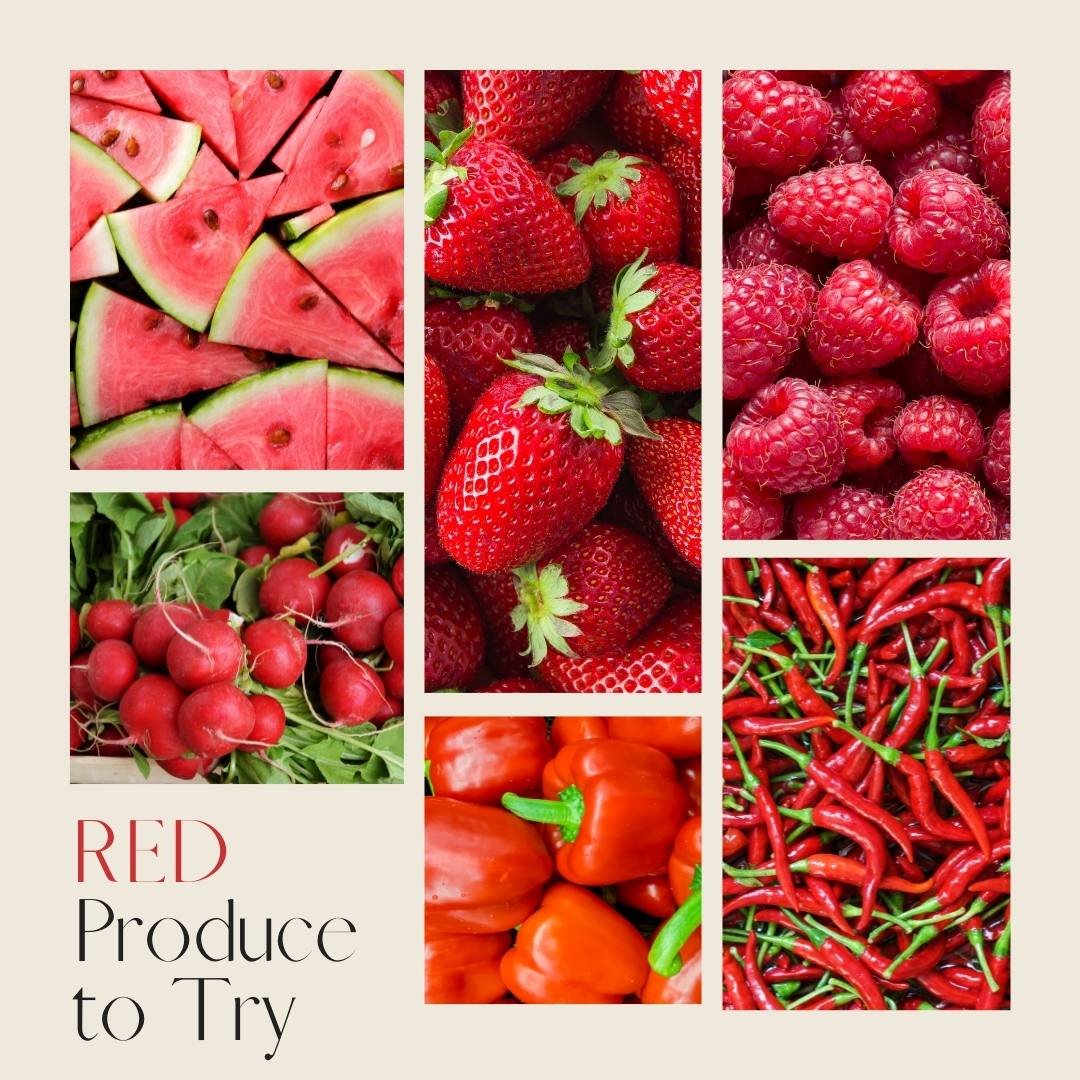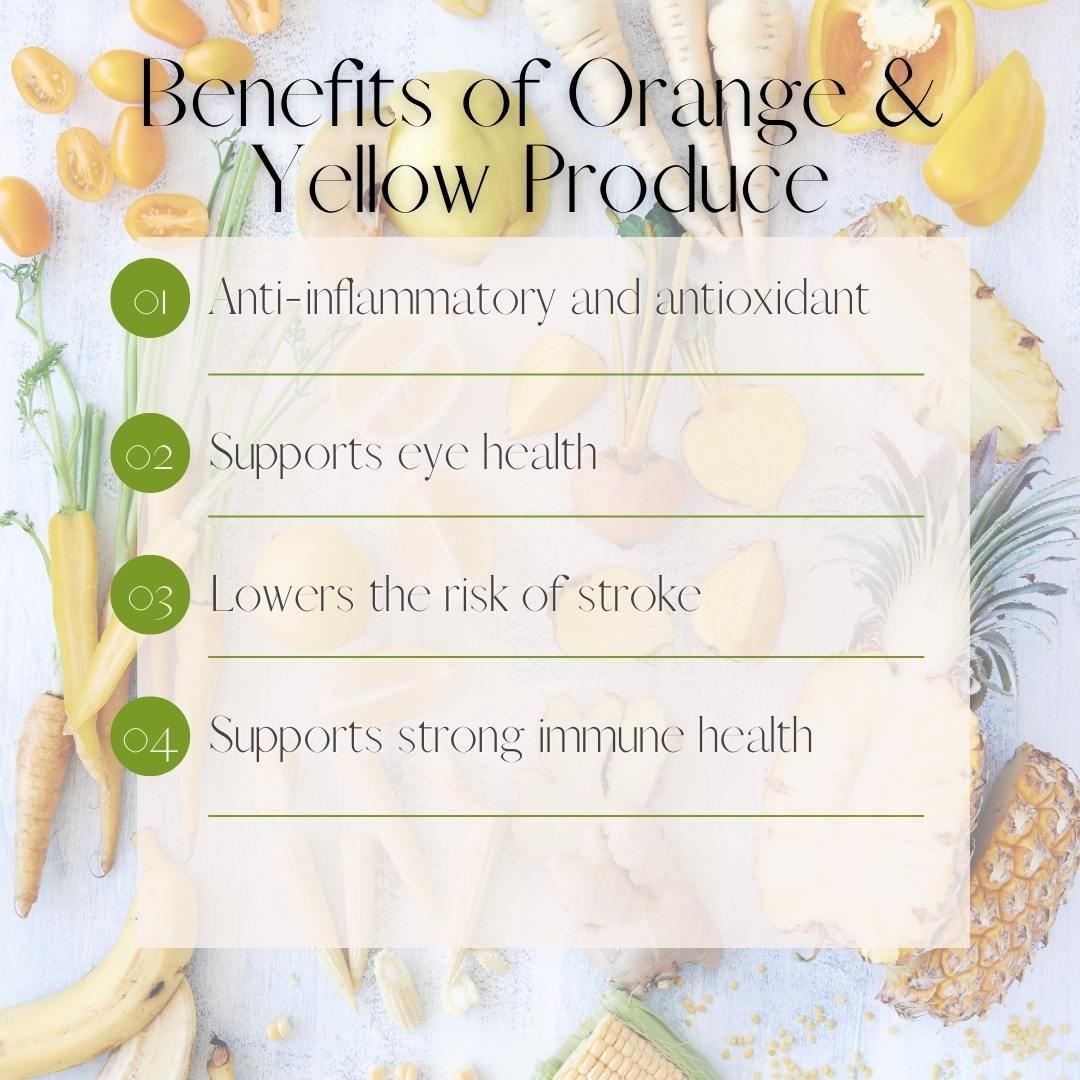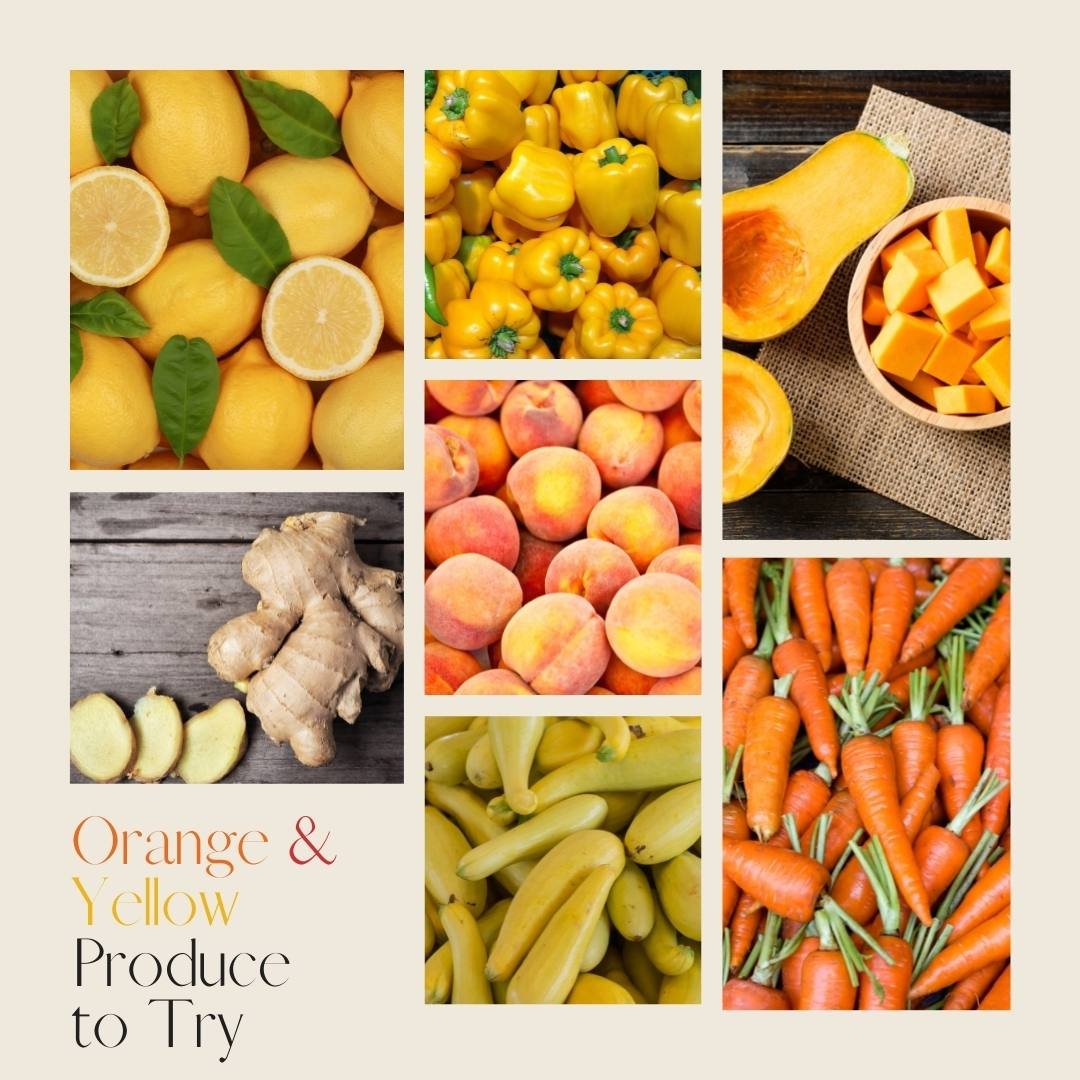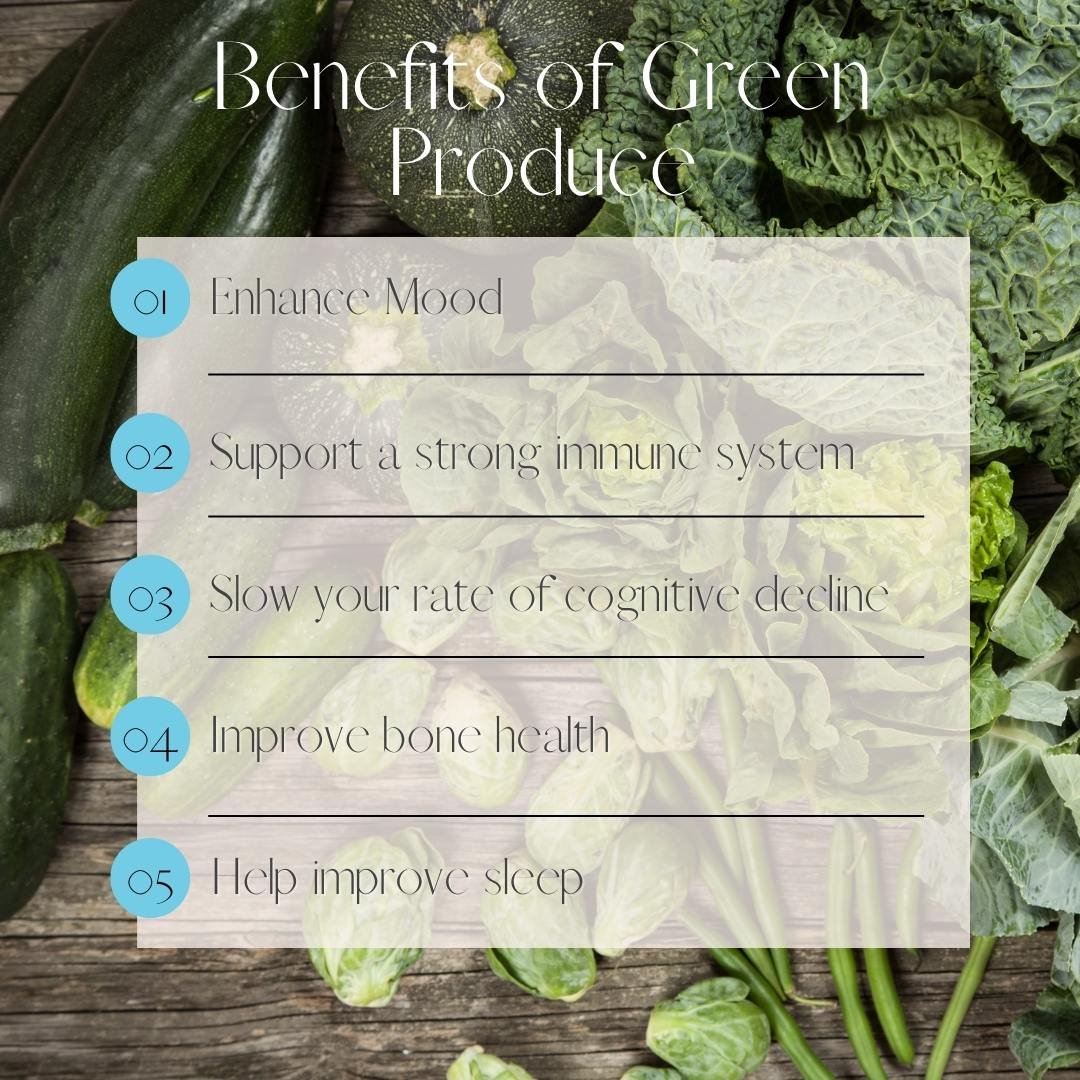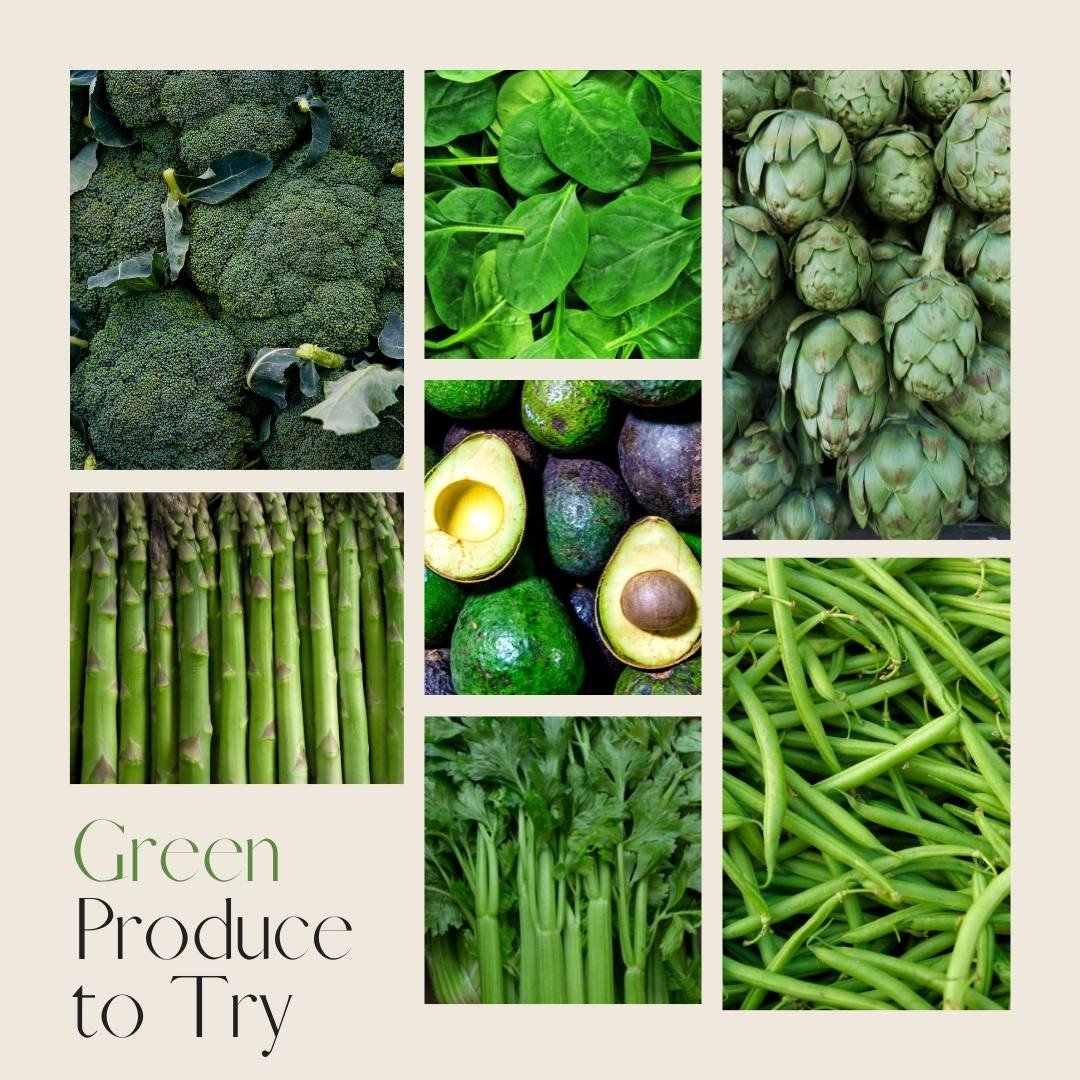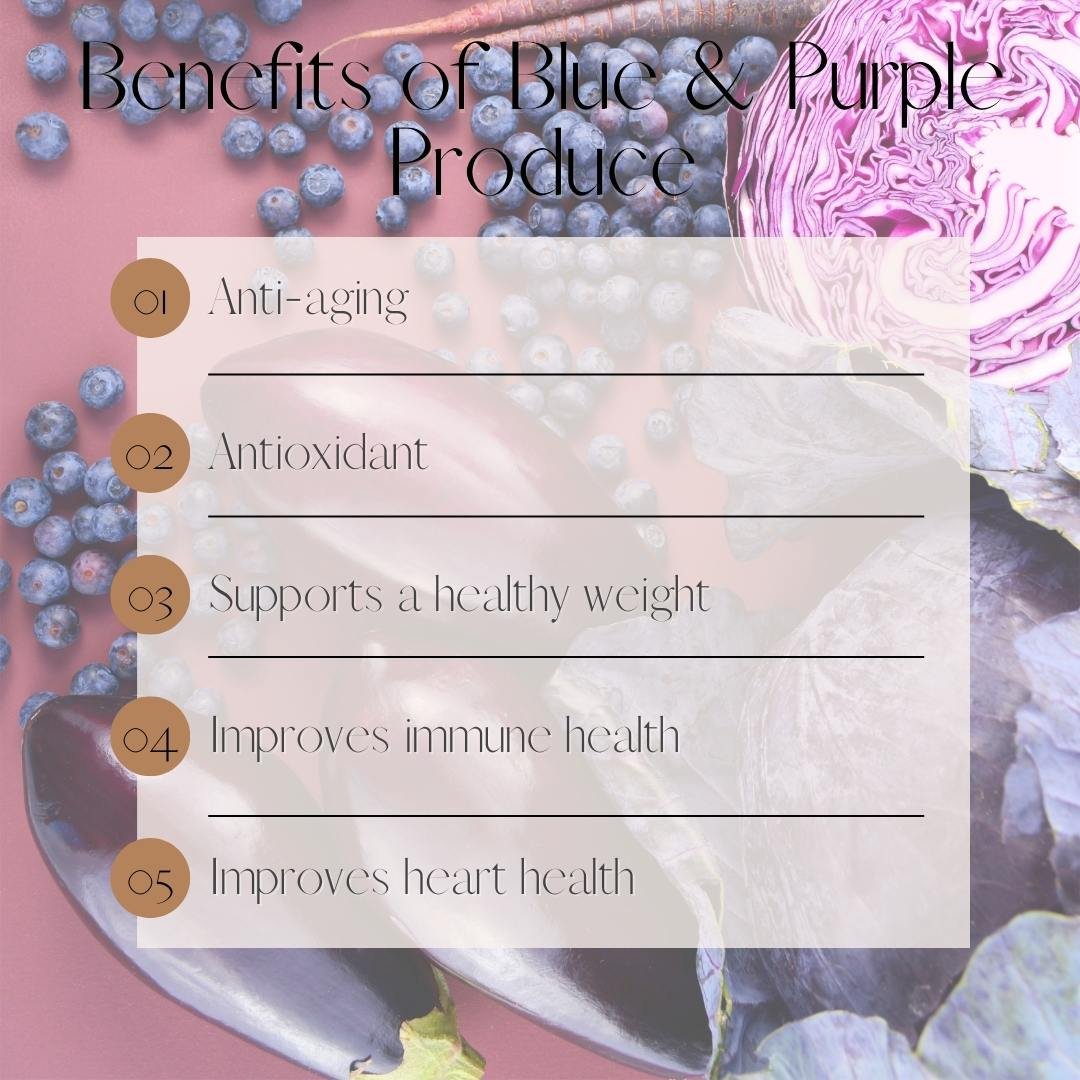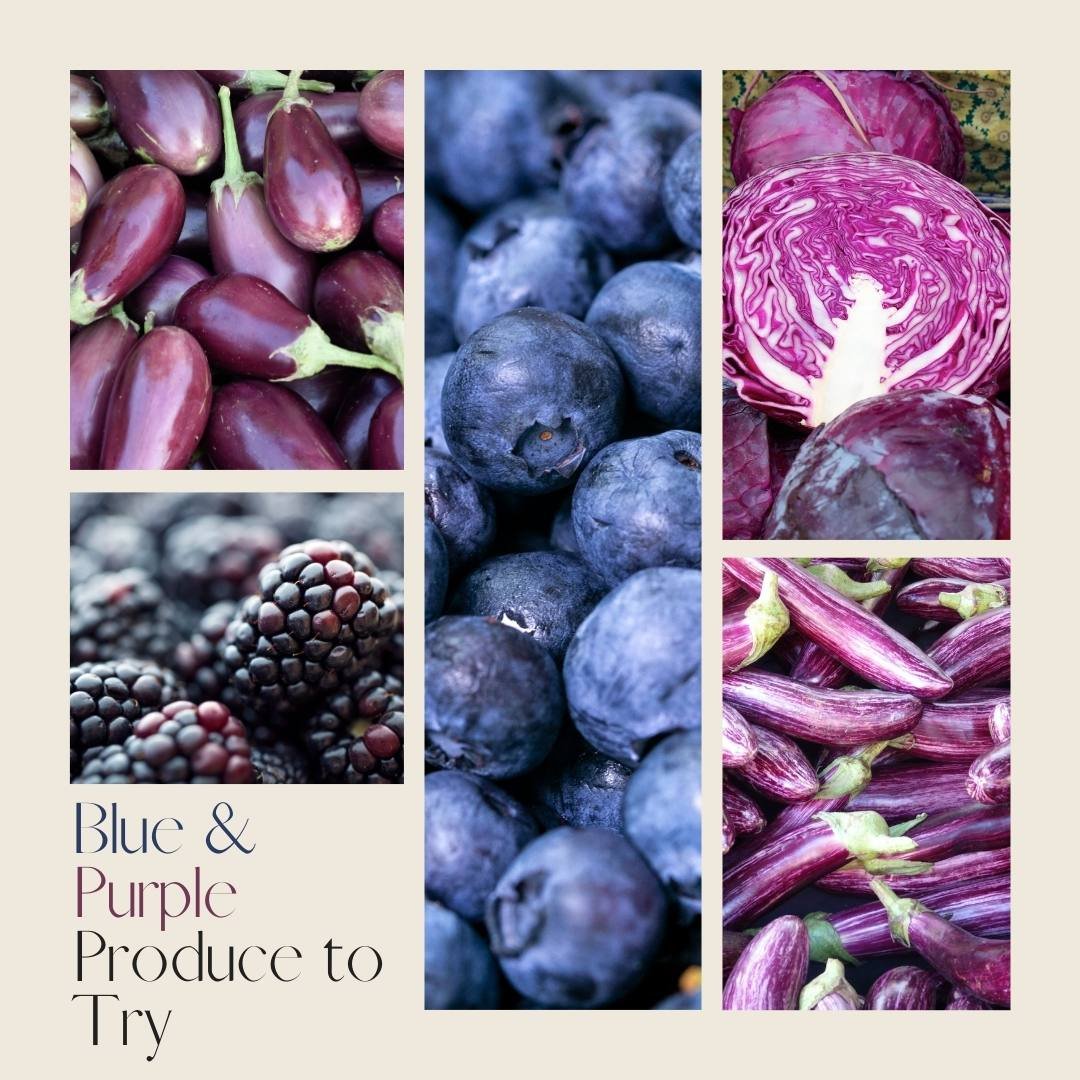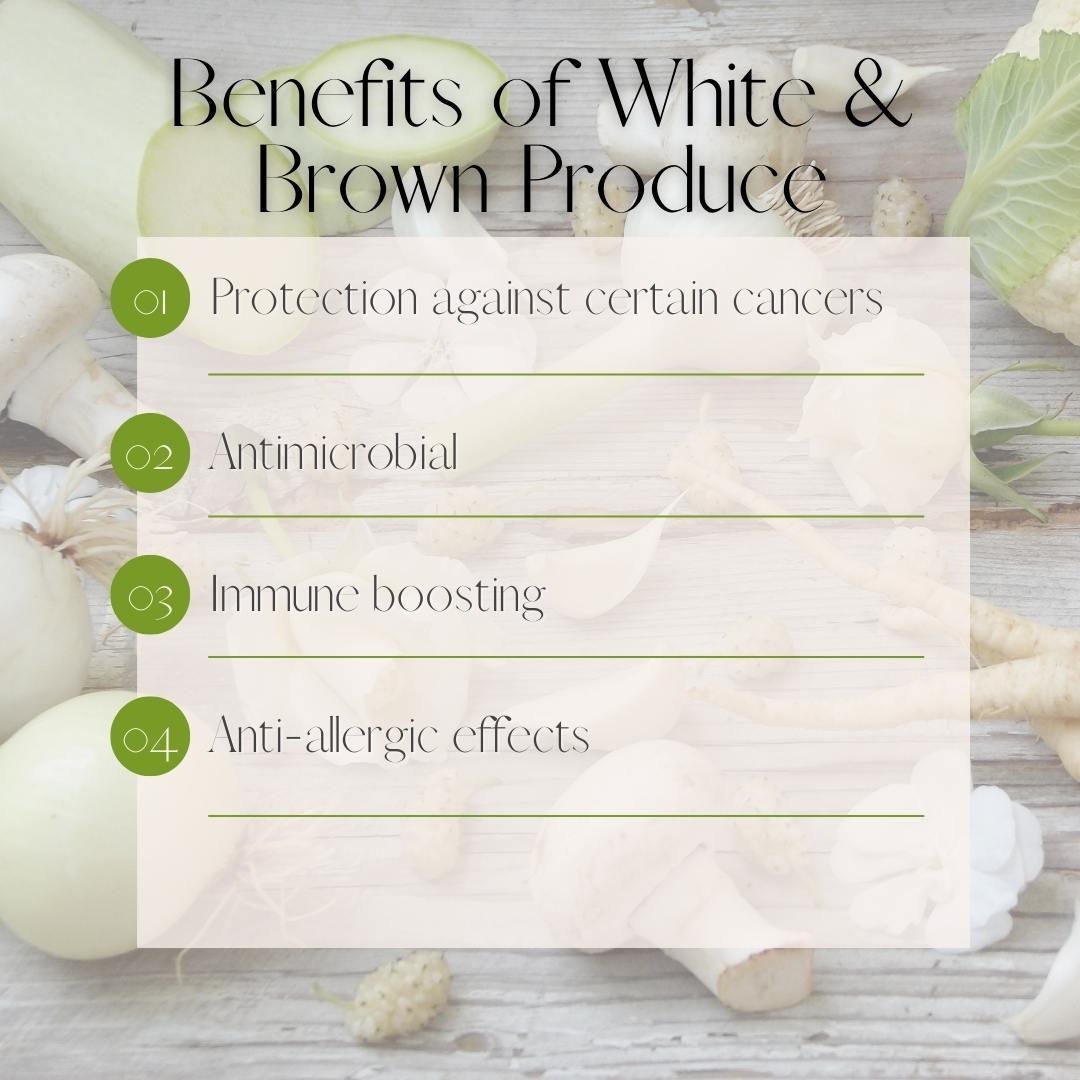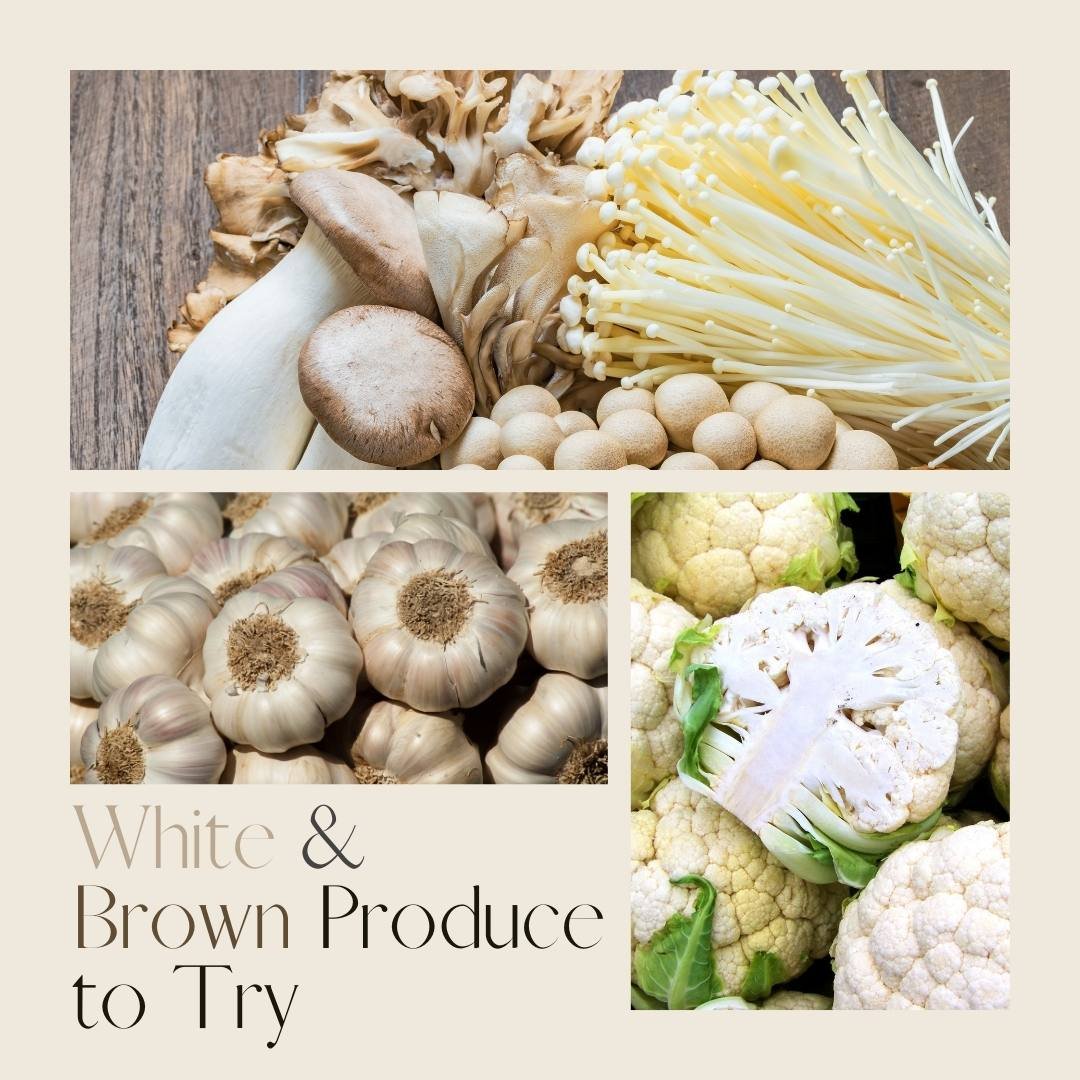An Eating Philosophy for Better Health
Food is Medicine
There’s so much conflicting information out there about what to eat and what not to eat, it’s no wonder people feel overwhelmed with it all. There’s the Mediterranean diet, Paleo, Keto, Atkins, Whole 30, Bulletproof, Macrobiotic diet, and the list goes on. There are pros and cons to each that I won’t go into here. Let’s just say that we are all bio-individual and what works for you may not work for me. Yet, one emerging theme in functional medicine that honors biodiversity and has cross over to many diet philosophies is the idea that food is medicine.
What’s most important to know – rather than the exact diet plan you choose to adopt – is that every cell of our body and each of the 11 human body organ systems depends on certain nutrients to function optimally and maintain homeostasis. Proper nutrients keep things running smoothly and disease free. Consuming a variety of whole fruits and vegetables along with healthy fats and proteins that offer nutrient density can be preventative in nature and wholly supports physical and mental health.
The best way I’ve found to do this is twofold:
1. Eat a variety of fruits and vegetables that make up the rainbow, and
2. Understand the critical importance of eating organic, grass fed/finished fats and proteins that are pasture raised.
What Are the Benefits of Eating the Rainbow?
Plants contain a whole host of beneficial vitamins, minerals, amino acids, prebiotics, and something called phytonutrients. Phytonutrients are the plant nutrients that give a plant its pigment (color) and have specific biological actions that support body systems like modulating immune function to prevent specific diseases. Carotenoids, flavonoids, phytoestrogens, polyphenols, and resveratrol are just a few of the important therapeutic phytonutrients that you may have heard about and can be incorporated into any diet by rotating the colors of fruits and vegetables you consume.
Check out the many benefits of the different colors of the rainbow— and which fruits and vegetables to try— below!
Why Buy Organic vs. Conventional Produce?
Sourcing proteins, healthy fats, and your rainbow foods from organic or regenerative farmers is critically important in disease prevention. Conventional and factory farming practices contribute to illness by the processes used.
For example, conventional farming practices include soil tillage (known to release carbon into the air as CO₂), monocropping (known to kill soil nutrients, weakening the soil), genetically modifying seeds (safety concerns) taking them further away from how nature intended them, and widespread use of chemical inputs. More and more studies are revealing how these practices render the foods less nutrient dense and more toxic to humans and the environment. Take chemical inputs for example: there are systemic and non-systemic chemicals, meaning the chemicals either land on the outer layer of the plant or the plant uptakes the chemical input.
You might think that washing wholefoods renders them pesticide free but that is not always the case when systemic pesticides are used. Some people suggest peeling the skins off fruits and vegetables, yet many of the nutrients are found in the skins.
Why Buy Pasture Raised, Grass Fed & Finished vs. Factory Farmed Meat?
When it comes to meat consumption, don’t underestimate the importance of choosing organic, grass-fed and finished proteins. Factory farmed food today is produced with extremely high levels of chemicals – a billion pounds a year in the US – which make it into the foods themselves. By some accounts, more than 90% of Americans have pesticides and their byproducts in their bodies because of this. Long term storage and transport also increases the amount of mycotoxins in commercial products, which can wreak havoc in our bodies. And recent research has shown that animals such as cows and chickens that are raised in the crowded, filthy pens of industrial farms have higher levels of amyloids (truncated or misfolded proteins) in their meat, which we aren’t able to remove through cooking. All of these substances increase the burden of disease in our body by throwing off our microbiome- the body’s “second brain” located in our gut- which can cause a whole host of illnesses and disease.
Research has show us that organic pasture raised animals produce more nutrient dense products than their counterpart, the factory farmed animals. Not to mention that factory farmed animals are sick and abused animals. For those of us meat eaters, don’t you think there is value in consuming meat, dairy, or poultry products from an animal that lived a happy healthy life? Learn about the alternatives from the Regenerative Mama.
This eating style is an investment in your health and future
Healthy, nutrient dense, clean food is medicine, and is a key way to support our health and wellness. What you spend up front on eating clean can prevent disease expenses in the future. As with most topics, there are multiple perspectives. For the healthy skeptic, here is some additional reading and here is a documentary to get you started on your own research. Looking for guidance on how you can incorporate practices like these into your daily life? Reach out to me to set up an individualized appointment!

